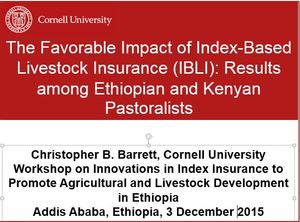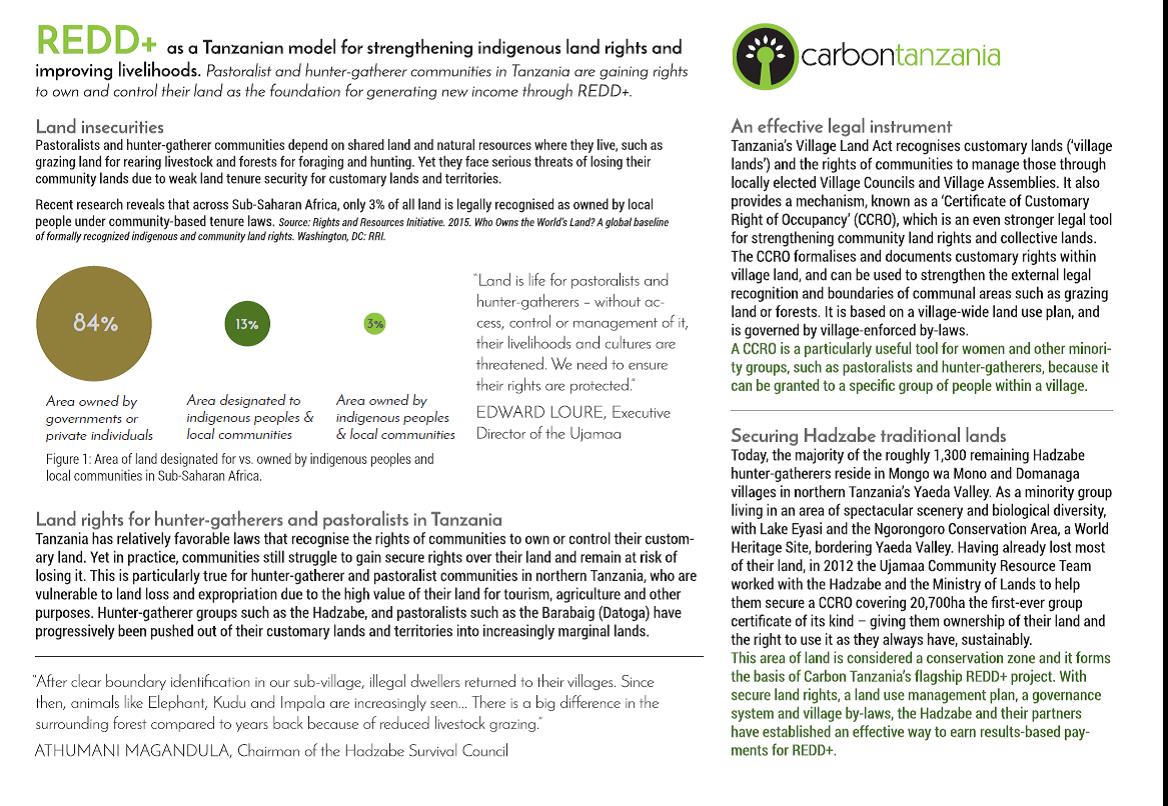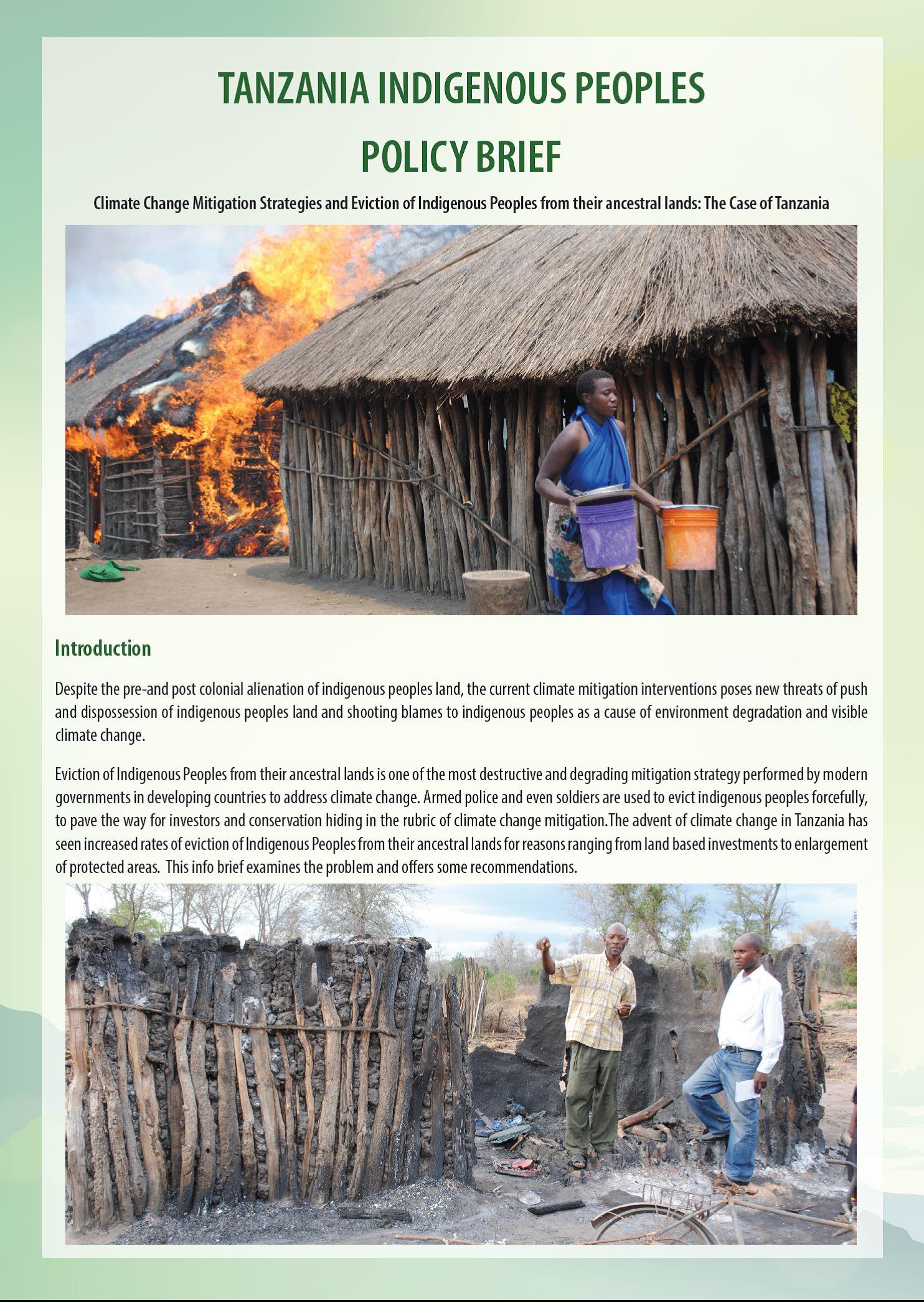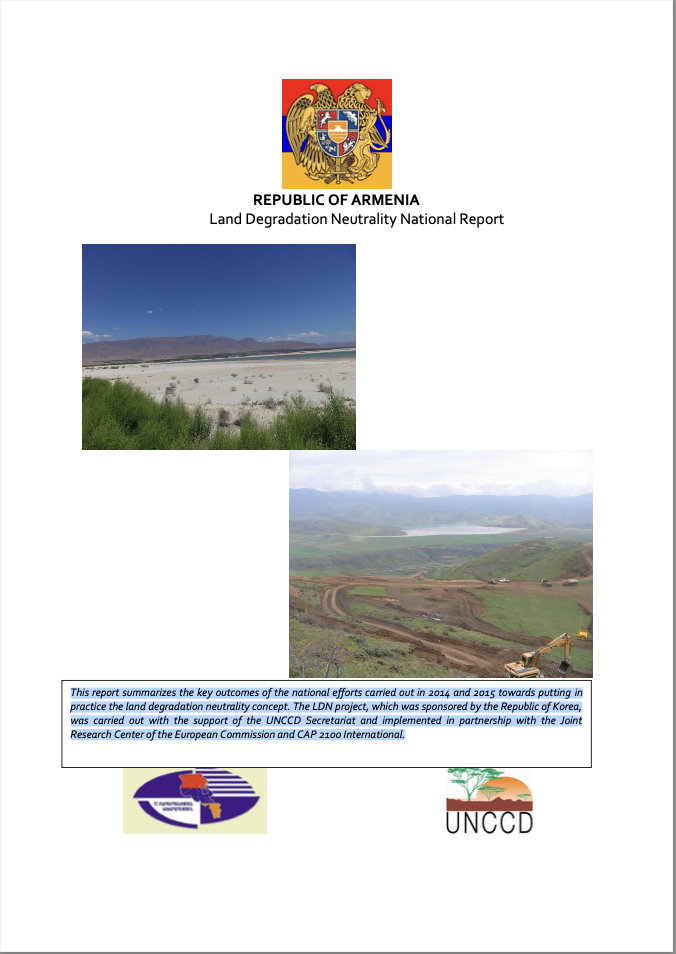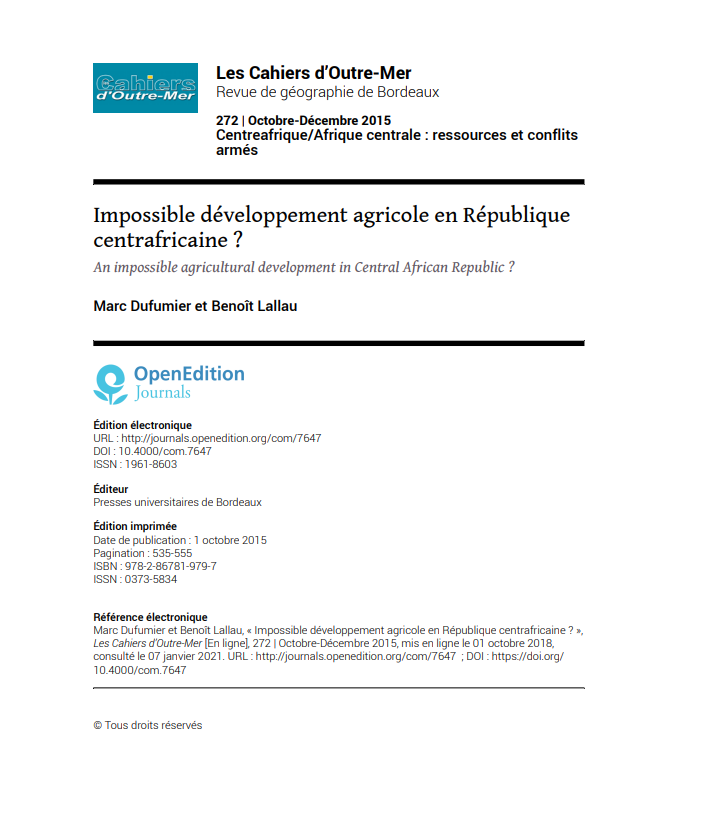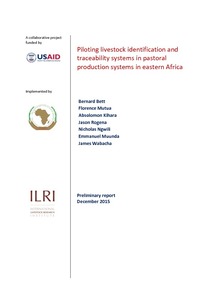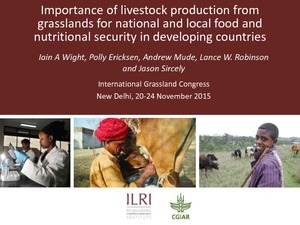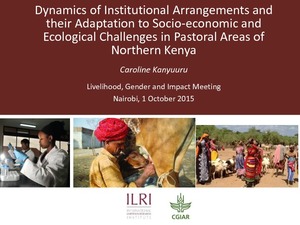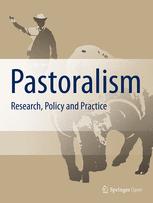REDD+ as a Tanzanian Model for Strengthened Indigenous Land Rights
Pastoralist and hunter-gatherer communities in Tanzania are gaining rights to own and control their land as the foundation for generating new income through REDD+
Climate Change Mitigation strategies and evictions of indigenous peoples from their ancestral land.
Eviction of Indigenous Peoples from their ancestral lands is one of the most destructive and degrading mitigation strategy performed by modern governments in developing countries to address climate change. Armed police and soldiers are used to forcefully evict indigenous peoples to pave the way for investors and conservation in the name of climate change mitigation.
Effects of tourism activities on grassland degradation in Hulunbuir grassland, Inner Mongolia, China
The recent increase in the number of tourists has raised serious concerns about grassland degradation by tourism activities in Inner Mongolia. Thus, we evaluated the effects of tourism activities on the vegetation and soil in Hulunbuir grassland. We identified all the plant species, measured the number and height of plants and plant coverage rate, calculated species diversity, and estimated above-ground biomass in the used plot and the non-use plot. We also examined soil hardness, and soil physical and chemical properties in both plots.
Republic of Armenia: Land Degradation Neutrality National Report
This report summarizes the key outcomes of the national efforts carried out in 2014 and 2015 towards putting in practice the land degradation neutrality concept. The LDN project, which was sponsored by the Republic of Korea, was carried out with the support of the UNCCD Secretariat and implemented in partnership with the Joint Research Center of the European Commission and CAP 2100 International.
Impossible développement agricole en République centrafricaine ?
L’abandon, déjà ancien, de l’agriculture a contribué à l’émergence des crises politico-militaires récentes en République centrafricaine. Un retour à la paix ne pourra donc pas être durable sans une action volontariste et prolongée en faveur du développement agricole, et notamment sans la recherche d’une meilleure articulation entre agriculture et élevage. Telle est la thèse défendue par les auteurs de l’article, qui envisagent ensuite quelques-unes les modalités que pourrait prendre cet appui à l’agriculture.
Piloting livestock identification and traceability systems in pastoral production systems in eastern Africa
PASTORALIST PARTICIPATION AND NETWORKING IN POLICY DIALOGUE: DIMENSIONS AND CHALLENGES
Pastoralists have a unique relationship of mutual dependency with their livestock and their environment; the uniqueness of this relationship distinguishes them from other livestock keepers. They depend highly on the environment where they develop their livelihood, that they make productive through highly adapted animals, but at the same time the quality of this environment depends on how well they take care of it, which in turns depends on complex social regulations and on large-scale mobility. The way they keep their animals forms part of their daily life and of a complex culture.
Dynamics of institutional arrangements and their adaptation to socio-economic and ecological challenges in pastoral areas of northern Kenya
Enclosing the commons: reasons for the adoption and adaptation of enclosures in the arid and semi-arid rangelands of Chepareria, Kenya
The adoption and adaptation of enclosures in the arid and semi-arid rangelands of sub-Saharan Africa is driven and sustained by a combination of factors. However, reviews indicate that these factors cannot be generalized, as they tend to be case specific. A study was therefore conducted to explore the history and reasons for enclosure establishment in Chepareria, a formerly degraded communal rangeland in north-western Kenya.

